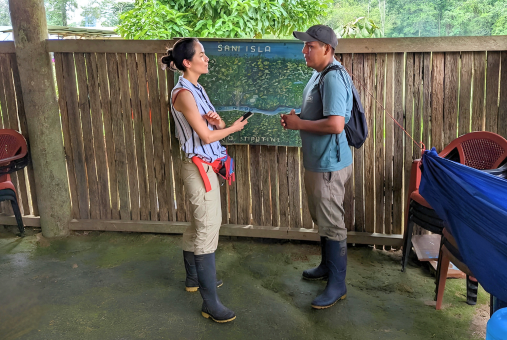
The network of more than 90 environmental journalists — known as PUMA — builds on Mongabay’s eight years reporting across the region. They plan to collaborate on shared challenges like a crisis of funding, threats by criminal groups and censorship by powerful interests.

Since 2020, LatAm Journalism Review has developed a glossary that unravels the meaning of essential journalistic expressions in Spanish, Portuguese and English. This sixth volume addresses common terms such as fixer, stringer and nut graph, as well as Latin American concepts such as prensa chicha and nevera.
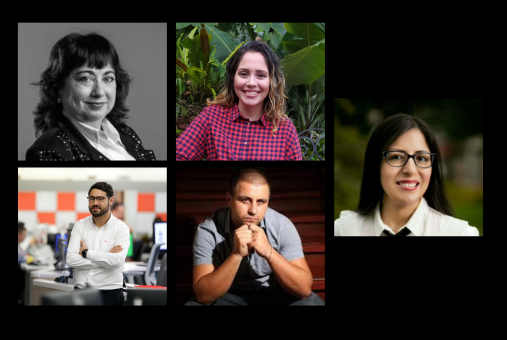
The experiences of five prominent journalists in the region illustrate how health has gone from being a technical and sporadic topic in media to occupying a central spot in news coverage.
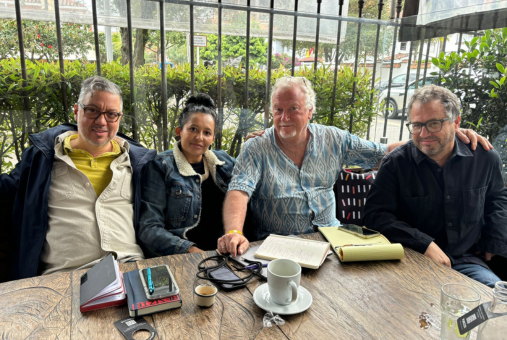
Boom is a new platform that brings together journalism, art and activism. It was created by prominent journalists seeking to have a transformative impact on the Americas.
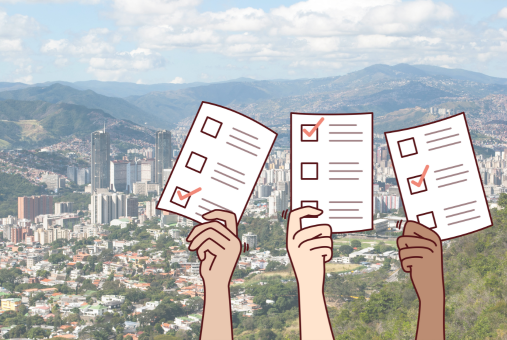
Battling disinformation and using collaboration as a weapon, Venezuelan journalists are preparing for the next presidential elections to be held on Sunday, July 28.
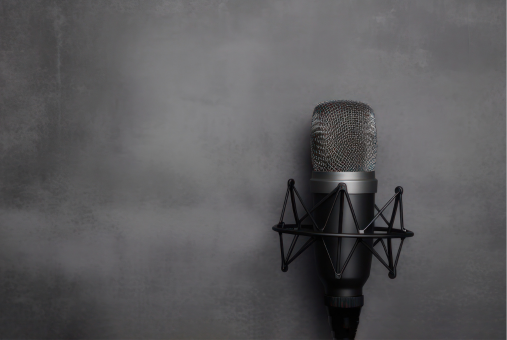
The team at Revista Elementos released the first season of the podcast Misceláneo that tells about the journeys of four Salvadoran journalists and seeks to change the government narrative of criminalization towards their profession.
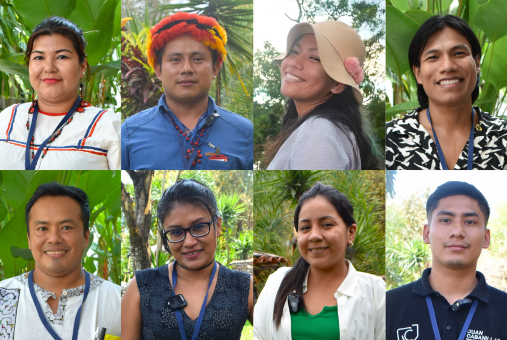
Due to the lack of visibility of public health problems of Indigenous communities of Peru, digital media outlet Salud con Lupa created a training and scholarship program for journalism in the Peruvian Amazon. It also developed a network of Indigenous health communicators in the region.
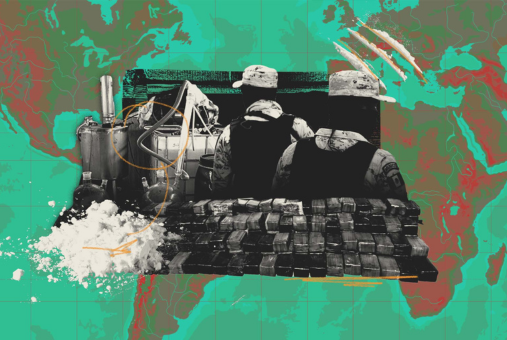
An investigative project used leaked data from the Colombian Public Prosecutor's Office to uncover new strategies and global configurations of drug trafficking. LJR spoke to journalists who worked on the transnational collaboration, which involved more than 40 news outlets and around 100 professionals.
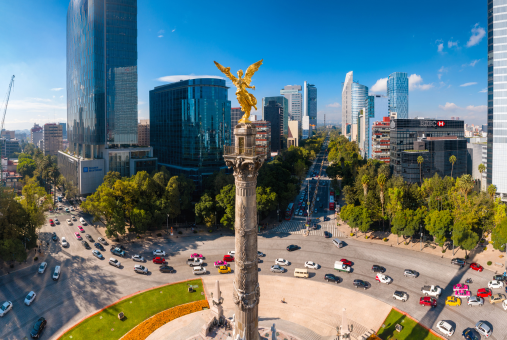
Radio Chilango was born in response to the lack of local news sources to cover the massiveness of Mexico City, a capital of 22 million inhabitants. Its goal, beyond reaching current listeners, is to create new audiences through social media and other platforms.

The Foundation for Freedom of Expression and Democracy launched Sala de Edición, aimed at strengthening independent journalism in Nicaragua and Central America. Mentoring, editorial support, and guidance on the conceptualization of stories are some of the services provided.
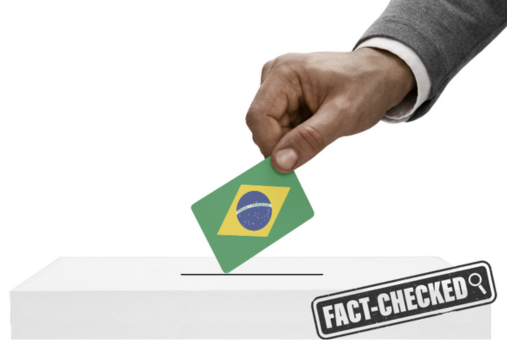
Journalists and fact-checking agencies from Brazil discussed coalitions and measures taken during the 2022 presidential elections at the Global Fact 10 summit. The responsibility of social media platforms or text messaging apps in the spread of disinformation was among topics discussed.

LatAm Journalism Review (LJR) summarized three panels dedicated to press freedom at the 12th edition of a major human rights and technology conference, RightsCon, held this year in Costa Rica. Journalists from Central America and the rest of Latin America discussed the challenges and opportunities facing the industry.